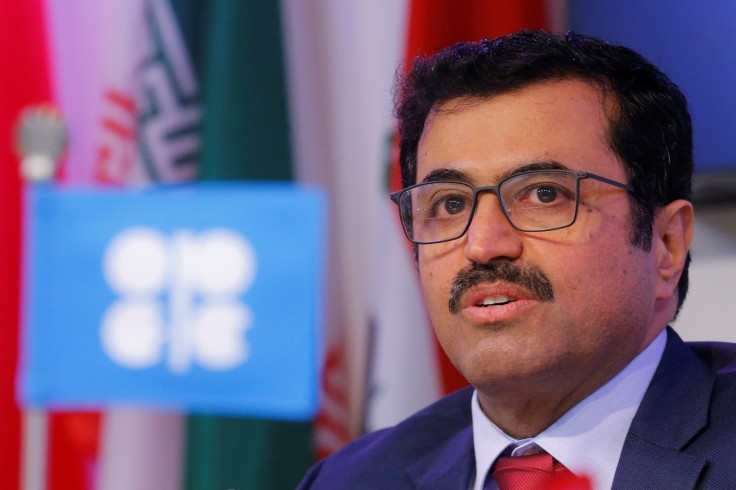Divergence in IEA and Opec oil demand growth forecasts 'not concerning', says Qatari minister
Mohammed Saleh Al-Sada tells IBTimes UK global crude demand remains healthy and the market is rebalancing.

The growing divergence in global oil demand forecasts for 2018 issued by the Organization of Petroleum Exporting Countries (Opec) and the International Energy Agency (IEA) is "not a matter of concern", as demand remains healthy and inventories are rebalancing, according to Qatar's Energy and Industry Minister Mohammed Saleh Al-Sada.
Speaking to IBTimes UK on Thursday (30 November), at the Opec Ministers' Summit in Vienna, Austria, Al-Sada said: "Global oil demand remains robust. In fact, throughout the climate of low oil prices that we have seen over the last three years, demand has always been healthy in the face of oversupply."
Earlier this month, IEA's forecast - hitherto more bullish than Opec's - suddenly logged a downward revision. The agency lowered its demand estimate for next year by 200,000 barrels per day (bpd) to 98.9 million bpd.
Concurrently, its forecast for demand growth projection was also lowered by 100,000 bpd to 1.3 million bpd. "The market balance in 2018 does not look as tight as some would like, and there is not in fact a new normal capable of keeping prices above $60 per barrel," it concluded.
The downward revision came hot on the heels of Opec's more upbeat projection, as it forecast demand for its oil next year to rise by around 400,000 bpd from the previous month to 33.4 million bpd. What is described as a 'call on Opec', i.e. a direct pull on Opec-produced crudes, was also revised higher by 200,000 bpd for this year.
Al-Sada admitted there was a clear divergence, but added that macroeconomic fundamentals pointed to steady growth in global crude demand.
"I agree with you that the divergence in market forecasts is sometimes apparent. However, forecasts, by their very nature, depend on models and parameters plugged-in to the forecasting model. While the exact numbers may not match, I think there is a good correlation between forecasts for 2018 among the various agencies."
Al-Sada said demand from emerging economies continues to underpin global oil and gas consumption, with many of his Opec peers looking at India, a major importer that recently overtook Japan to be the world's third-largest crude oil consumer after the US and China.
"India leads the pack of emerging economies posting high single-digit economic growth. Their hydrocarbon demand is increasing, and from Qatar's perspective, we are ideally placed geographically and commercially to cater to cargoes heading east.
"With New Delhi in particular, we have a very good working relationship on the natural gas front. The very first cargo of LNG to India came from Qatar and the relationship is increasing and solidifying."
The Qatari minister also said the ongoing "historic cooperation" between Opec and non-Opec oil producers, that has resulted in 1.8 million bpd of output cuts, has been a success.
Opec said inventories in developed economies fell by 23.6 million barrels in September to 2.985 billion barrels; 154 million barrels above the five-year average.
"The figure gives reason for optimism. The agreement we reached in May [to roll over production cuts] has seen a more balanced market, and this success needs to be capitalised on as I see room for more cooperation between oil producers."
Al-Sada also said it was his belief that US shale oil has been "fully absorbed and is now part and parcel of the global crude oil supply portfolio."






